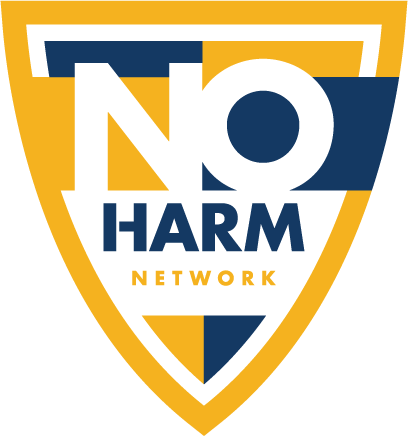Minority Mental Health Month: Representation, Economics, Allyship
/Written By: Diann Tigner, Economic Empowerment Specialist
July is Minority Mental Health Awareness Month. I would like to take the time to focus on representation, economics and what we can all do to create safer spaces around us for People of Color (POC) specifically. Growing up, I had the unique privilege of being raised in an area that was infested with drugs, people battling addiction, economic crisis and wrestling with mental illnesses… some being family members. “Privilege?”, you may ask “Why would someone say living in that environment is a privilege?”
During my childhood, my mother and I experienced homelessness, mental health challenges, and economic crises. I use the word privilege because being around those elements is what shaped me into the woman I am today. I get to serve women like my mom daily and they get to see hope through someone that looks like them. Every morning, I get the opportunity to serve women that did not have the privilege to easily walk away from their struggles, yet still fight for a better future.
94% of sex trafficking victims are women, 62% of them are women of color (WOC), but in 2021 only 27% of therapist were POC. While not everyone who walks in our doors have been diagnosed with a mental illness, the majority have. This includes depression, anxiety, and PTSD among others. The number of POC representation in the mental health field is severely lacking which in turn can cause a lack of trauma-informed cultural care. This is why representation matters. This is also why non-POC must do work to address their biases and work to become culturally competent. If 72 % of therapist are White, there must be a gateway to discuss mental blocks, unconscious biases and most importantly, white supremacy/racism in the systems.
As an Economic Empowerment (EE) specialist, who has worked in the community mental health field for seven years, providing case management services including housing, finances, education, and career guidance, I see firsthand the difficulties of economic crisis. Majority of the women walking through our doors state in their EE consultation that they are overwhelmed and uncomfortable with their current financial stability. NFNL Members report making less than the lowest 25th percentile of income, barely surviving paycheck-to-paycheck. Our women also come from backgrounds that can make it difficult to find legitimate work while trying to maintain their mental health and trauma triggers at work, for example 60% of our members have criminal records from acts they were forced to commit while being trafficked. While NFNL has helped many women in these areas, we can’t do it alone. There is more we all can do as a society to assist in these barriers.
How can mental health workers, companies, or allies support women in this demographic? Here is six ways to start:
1. Training and Education - Ask yourself, “What have I done lately to learn about Women of Color (WOC)?” Have I read a book, researched a topic, facilitated groups as Allies in safe spaces for WOC? NFNL hosts a book club twice monthly, where we facilitate conversations on the POC experience and how, while our experiences may be different, we have commonalities to keep us grounded and connected. We also allow space for our allies to question their own unconscious biases.
2. Team Building- Team building can consist of games, company workshops, or even conversing about uncomfortable conversations. Start thinking of what biases you see popping up in your companies, family outings, or friend groups. How can you challenge that conversation?
3. Checkups - Simple! Do you prioritize the mental health of your staff/team as much as you do the people you love? Consider what you would do if a person of color in your immediate circle told you someone said something offensive. Find resources to learn more about what you can do in those situations.
4. Don’t be afraid of the elephant in the room- Mental health mixed with discussions on race is difficult. There is no easy way to mesh the two topics. But that does not mean they should not be had. This is a list of topics to start the conversation.
5. Hire and pay POC – We are worthy of the job titles, but many studies show we are less sought after and less paid. Let’s close the wealth gap and give POC what is deserved.
6. VOTE in favor of equality.
If we work together there is so much more that we can do. Progress and change do not happen overnight, but we must take every opportunity we can for growth. So, let’s grow together. What will you do to make the change?









